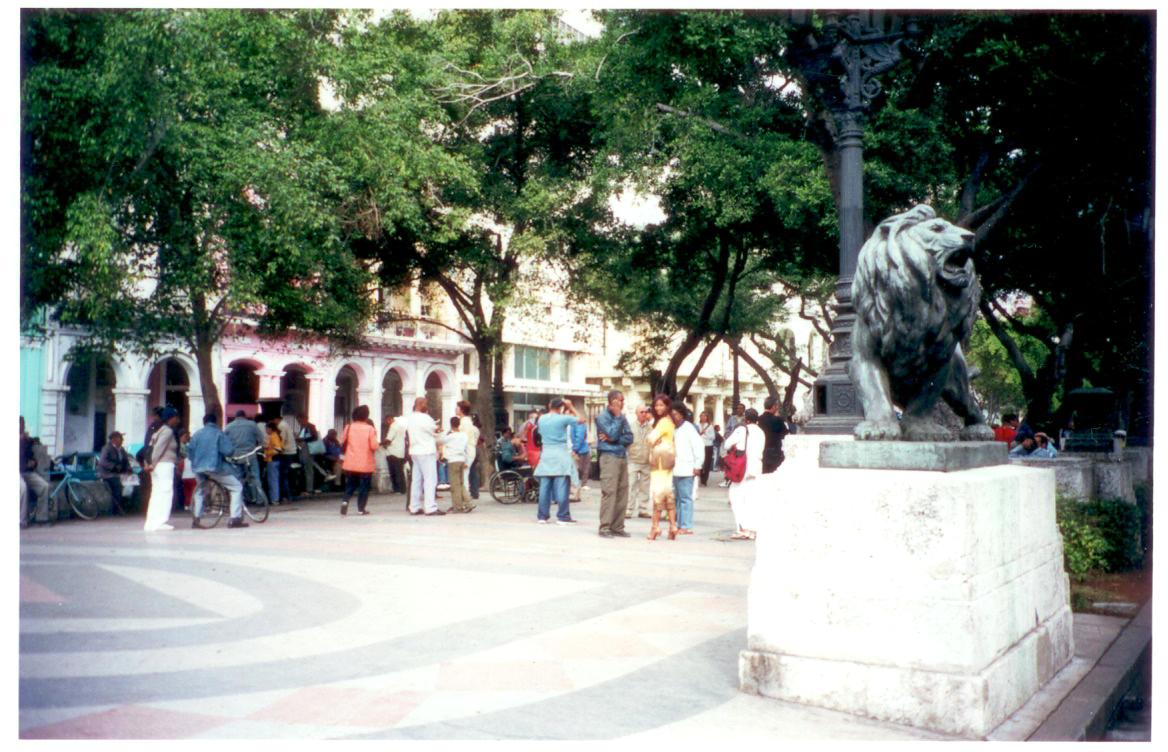 |
| Black market for house in Paseo del Prado |
By Marc Frank, Financial Times, November 3, 2011
Cuba has formally lifted a five-decade ban on residents
buying and selling property as the communist government of President Raúl
Castro makes its most significant move yet to liberalise the island’s Soviet-era economy.
For the first time
since the 1959 revolution, Cubans will be able to sell property to other Cuban
residents without government approval. The changes, already approved by the
National Assembly in August but now formalised, come into effect on November
10.
The easing of
restrictions on property ownership is likely to reshape Cuban cities, spur real
estate development and speed renovation of Cuba’s picturesque but dilapidated
housing stock. It is also expected to reconfigure Cuban conceptions of class as
some homeowners cash in their properties and areas of Havana are gentrified.
“I hope the new law
gets rid of so much paperwork, bureaucracy and other problems that simply lead
to corruption. If you can now move without months and years of effort and
paying people off, we will be content,” said Maritza, a 35-year-old food
service worker.
Previously, any
Cuban who wanted to swap their home for another had to penetrate thick layers
of bureaucracy. Houses were also confiscated by the state if a Cuban moved
abroad. Now by contrast, the new rules state that the purchase, sale, donation
and trading of houses will be recognised even in cases of “divorce, death or
permanent departure from the country”.
The measure is the
latest and most dramatic signal that the authorities are serious about
implementing reforms adopted this year. Last month, the government ended
another ban, also dating from 1959, on the sale of cars. State companies have
been given more autonomy, state payrolls and subsidies have been trimmed, and
retail services liberalised.
Analysts say that
home sales could free up capital needed to jump-start small businesses. Cubans
living abroad, especially in the United States, who remit some $1bn a year to
the island, have proved instrumental in financing and supplying thousands of
small businesses since the sector was liberalised last year. They are now
expected to invest in housing through their relatives, pumping millions of
dollars into the local economy and helping to renovate the crumbling housing
stock.
“This change is
another example of the failure of ‘big bang’ models to predict the evolution of
the Cuban economy,” said Jose Gabilondo, associate professor of law at Florida
International University, said. “Changes in the rules of the game are already
under way.”
However, the new
housing law dashes hopes that the local real estate market might open up to
large domestic or foreign investment as it continues to prohibit foreigners
from owning property unless they are permanent residents. A special exception
is expected in the next few months for golf course and other tourist developments
currently under negotiation with various foreign companies.
Every property
transaction will require a notary, with payment through a state bank, and both
the seller and buyer paying a 4 per cent tax.
No comments:
Post a Comment